Cross-Border RWA: 6 Key Realities You Should Know
Real-world assets (RWAs)—like real estate, bonds, invoices, and even commodities—are being tokenized and brought on-chain. The big promise? That one day, these tokenized assets could be traded globally, seamlessly, and borderlessly. But how close are we really to that vision? Below, we break down the six most important things to understand about the state of cross-border RWA today.
1. What Is Cross-Border RWA, Exactly?
At its core, cross-border RWA refers to the idea of tokenizing tangible assets and enabling their use or trade across countries—ideally through blockchain infrastructure. Think of someone in Germany investing in a warehouse in Malaysia via tokens, or a business in Kenya using a tokenized invoice as collateral for a loan from a lender in Singapore.
It sounds futuristic, but the building blocks are already being developed—albeit unevenly.

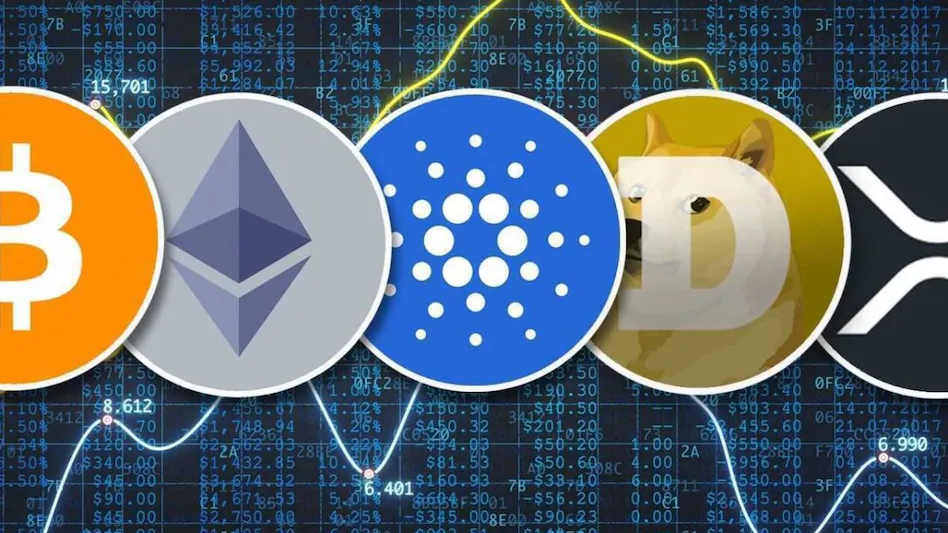
2. The Opportunities: Why This Matters in Cross-Border RWA
The appeal of cross-border RWA is strong—and not just for crypto enthusiasts.
- New liquidity: Tokenization unlocks investment in assets that were previously difficult to access or finance.
- Global reach: Investors in one country could easily support businesses or infrastructure in another.
- DeFi synergy: Once tokenized, RWAs can be used in decentralized finance—borrowed against, staked, traded.
- Reduced friction: Smart contracts could automate settlements and compliance, lowering costs and increasing speed.
In short, it’s a new frontier for capital flows—at least in theory.
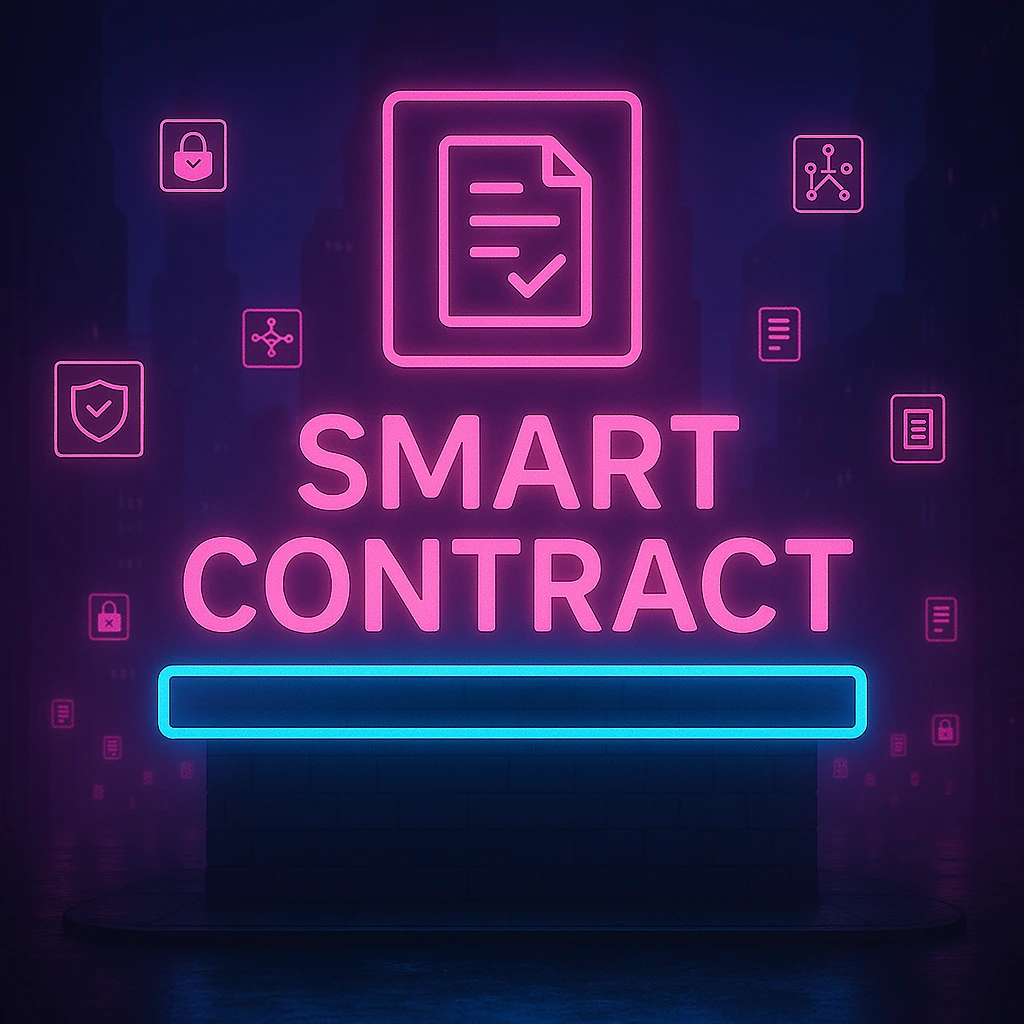

3. The Challenges: What’s Standing in the Way?
Despite the buzz, serious challenges remain. Here are the big ones:
- Legal silos: Different jurisdictions define asset ownership, custody, and compliance differently.
- Enforcement gaps: Who resolves disputes across borders? What laws apply? In most cases, there’s no clear answer.
- Currency risks: Trading assets globally exposes investors to FX volatility, which can erode returns.
- Regulatory mismatches: What’s legal in the U.S. might be totally unrecognized in India or Brazil.
Without harmonized frameworks, scaling cross-border RWA is like trying to play a multiplayer game without agreeing on the rules.
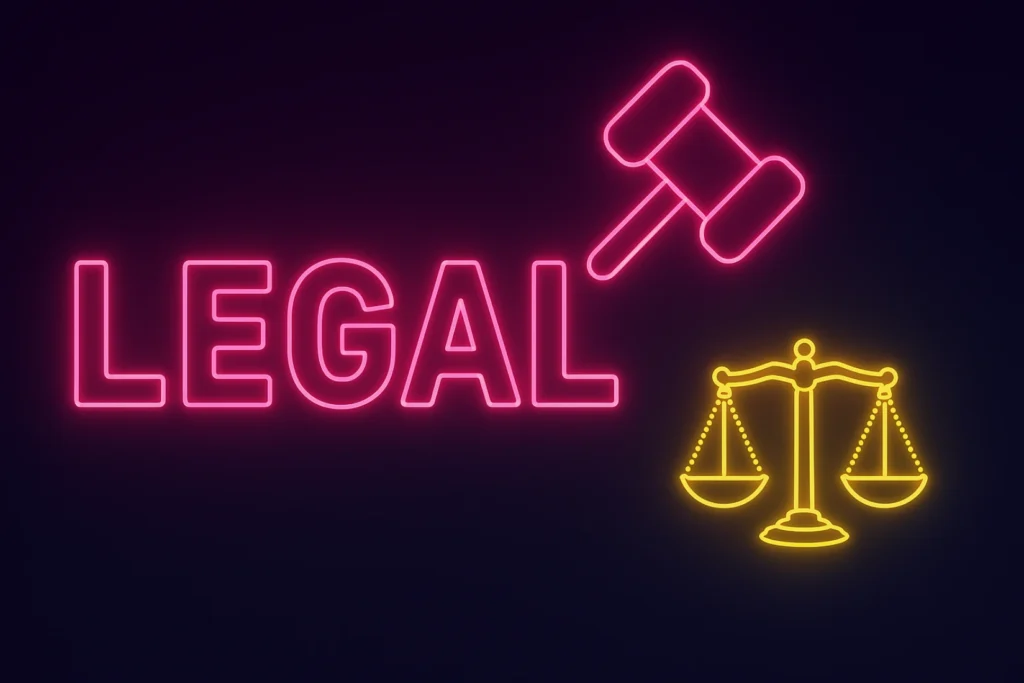

4. Who’s Actually Doing This Right Now?
Several crypto-native and traditional players are already experimenting with RWAs on-chain:
- Centrifuge: Tokenizing invoices and receivables for DeFi borrowing.
- Maple Finance: Enabling undercollateralized loans with real-world business data.
- MakerDAO: Allocating treasury funds into tokenized U.S. treasuries.
- Banks & governments: Piloting tokenized bonds and regulated digital assets.
So yes, there’s momentum. But much of it is still in tightly controlled environments—not yet the open global marketplace many envision.
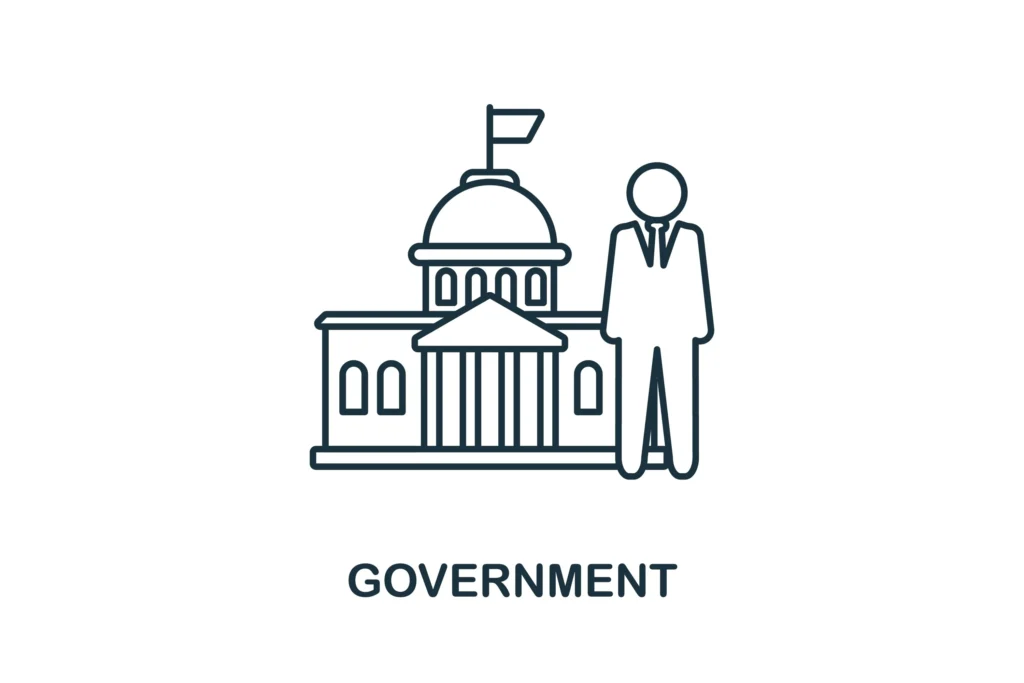
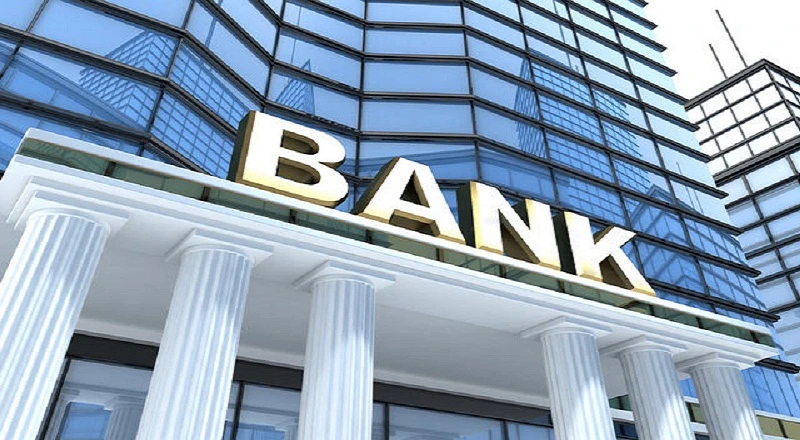
5. What Needs to Happen Next?
To make cross-border RWA viable at scale, the ecosystem needs serious upgrades:
- Legal interoperability: Mutual recognition of tokenized asset rights across countries.
- Standardization: Common frameworks for how RWAs are tokenized and traded.
- Compliance tools: Cross-border KYC/AML solutions that satisfy regulators everywhere.
- Dispute mechanisms: Clear protocols for resolving issues when things go sideways.
Until these puzzle pieces are in place, it will remain largely experimental.
6. The Bottom Line: Can RWA Be Traded Globally?
Yes—technically. But broadly and reliably? Not yet.
Right now, cross-border RWA is like a jet that’s been built and tested in the hangar, but hasn’t been cleared for commercial takeoff. The tech is promising, the pilots are eager, but the control tower (regulators) still need to coordinate before we hit cruising altitude.
That said, the trajectory is promising. If legal frameworks catch up to the technology, it could become one of the most transformative forces in finance.
So next time you hear the hype, take it with a dose of reality—but don’t tune it out entirely. This isn’t a fantasy. It’s a work in progress.
Relevant Link : Can RWA Be Traded Across Borders? Let’s Talk About Cross-Border RWA



